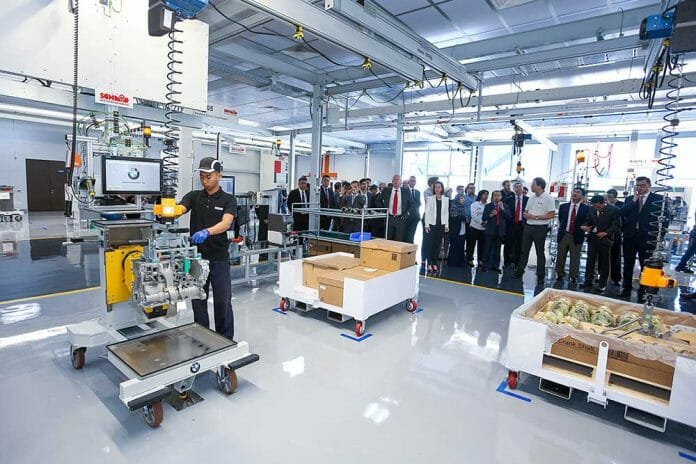Manufacturing Purchasing Managers’ Index (PMI) edged up to a five-month high in March (48.8; Feb: 48.4) The manufacturing sector signalled a moderate recovery in March as the PMI readings remained at the contraction level (below the neutral level: 50.0).
Demand remained subdued but relatively improved compared to the previous month. Output level declined amid muted demand conditions, as production volumes were reduced for eight straight months. New orders eased at the softest pace in five months as some firms reported an increase in customer orders. New export orders declined at the softest pace since
July 2022, reflecting a slight recovery in external demand.
Cost pressure rise at a softer pace in 34 months Input costs moderated in March due to a reduction in oil price despite rising raw materials and packaging costs. Nonetheless, prices charged for goods were broadly unchanged, with some firms reported reduced prices in a bid to boost demand. Business sentiment remained positive in March Manufacturers remained optimistic that demand would normalise over the coming 12 months, but the degree of confidence eased to a three-month low. Further improvement in the supply chains due to less congestion at ports and higher employment during the month.
Manufacturing conditions among advanced economies improved slightly but remained at contraction level US (49.3; Feb: 47.3): flash manufacturing PMI improved to a five-month high amid a renewed rise in production and improvement in new orders. Japan (49.2; Feb: 47.7): softer contraction in five months due to a reduction in both output and new orders. South Korea (47.6; Feb: 48.5): manufacturing activity dipped for the sixth month amid weak domestic and global economic conditions as well as persistent cost pressures.
2023 GDP growth trajectory remained at 4.7% (2022: 8.7%) for now. Overall, the manufacturing PMI remained at a contraction level on average in 1Q23 (47.9) and relatively weak compared to the previous quarter (4Q22: 48.1), in line with the expectation of a slowing growth trend in the manufacturing sector. Nevertheless, Kenanga said it believes the manufacturing activity could sustain a moderate recovery in the coming months, mainly supported by the domestic-oriented sector.
Against this backdrop, Kenanga said it projects a 5.1% GDP growth in the 1Q23, with 2023 GDP growth to settle at 4.7% backed by resilient domestic demand and policy measures under the Budget 2023. This will be further boosted by higher foreign tourist arrivals and the impact of China’s reopening.









